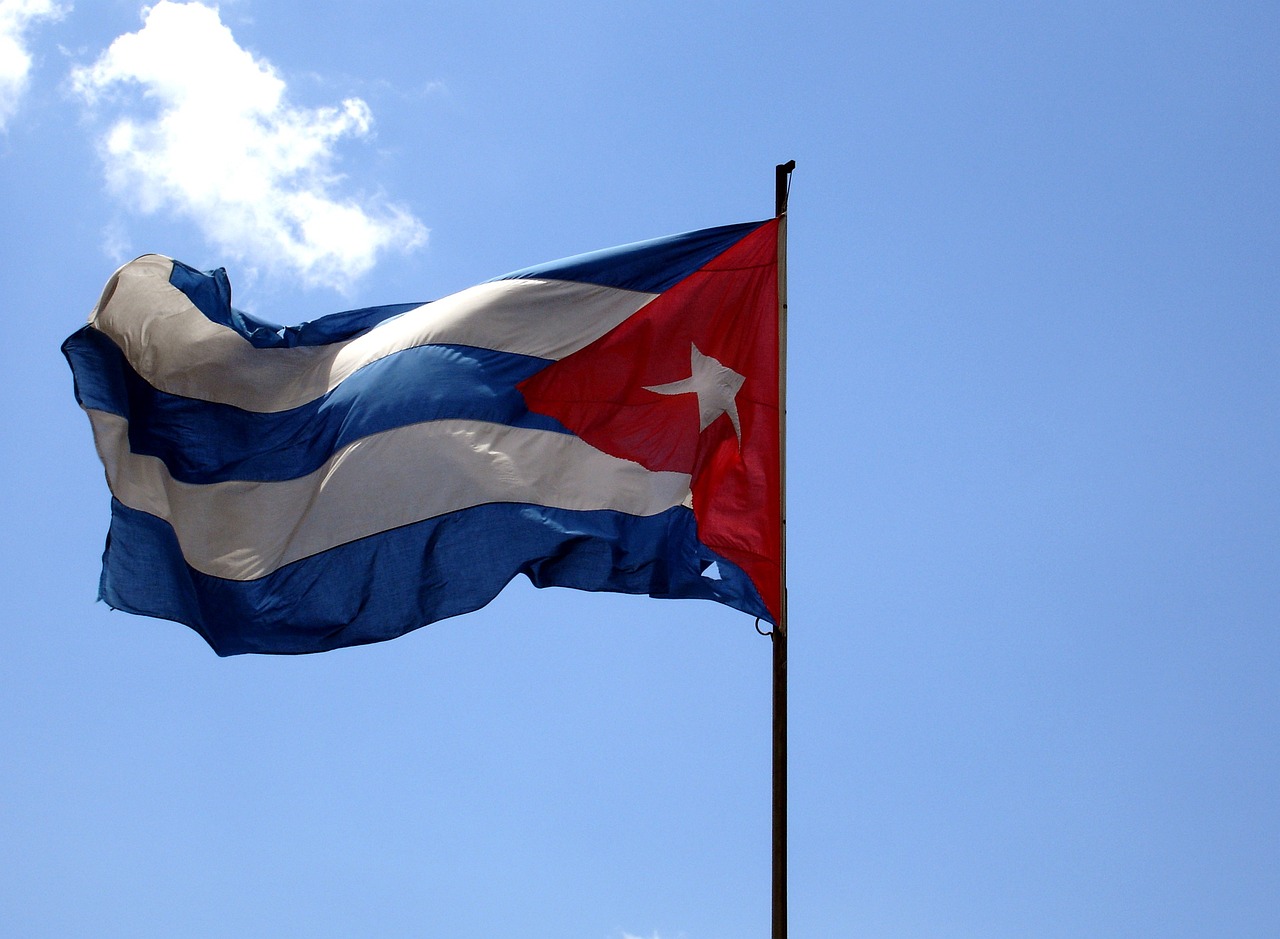Asparagus Farm Fails in Court to Up-End DOL Regulation of Foreign Farm Workers
Sun Valley Orchards, which despite its name is an asparagus farm in South Jersey, was found several years ago by a Department of Labor administrative judge to have mistreated its foreign workers on H-2A nonimmigrant visas, and faced more than a half-million dollars in back wages and fines.
The owners argued in federal court that only a federal district judge could levy such a punishment; a federal judge this week denied that claim — which would have greatly weakened the government’s ability to regulate foreign workers — and ordered the payments to be made.
It was a welcome victory for those of us opposed to the abuse of foreign workers (who, of course, displace domestic ones) and it was nice to see a substantial fine being imposed on an abusive, big employer — the outfit has 3,000 acres near the New Jersey Turnpike.
The case has been brewing since 2015 and it may be difficult, some eight years later, to find some of the workers to give them their checks.
There were 19 of them, probably from Mexico, and they had numerous grievances, one of which was that instead of being allowed to use the company kitchen, they were forced to pay the employer $75-80 a week for food. The judge found “numerous H-2A violations” not further specified in the decision and ordered the employer to pay $344,945.80 in back wages and $236,800 in penalties, with the latter figure being shaved by $25,000 by another judge in a subsequent hearing.
This means that each worker is to be paid about $18,000, a large number in these cases.
It so happens that my first encounter with foreign farm workers came back in the Eisenhower administration, when I was a mid-level official in the New Jersey State Department of Labor and Industry, dealing with these and other issues. I learned that cutting asparagus was one of the least desirable farm labor jobs.
As opposed to work in a real orchard, where one stands, the asparagus cutter is either stooping or on hands and knees all day. The New Jersey asparagus was presumably green; an even worse assignment (found in California) was the harvest of white asparagus, which is grown under a pile of often dusty dirt, which the worker must sweep away before cutting the product, which is light in color because it is not grown in the sunshine. Canned white asparagus, when available, is more expensive than canned green asparagus.
In California at the time, no workers, domestic or foreign, would do that work except an aging all-male population of Filipino nonimmigrants. White asparagus is grown less regularly now than in the past.
The case is Sun Valley Orchards LLC v. U.S. Department of Labor et al., case number 1:21-cv-16625, in the U.S. District Court for the District of New Jersey.





